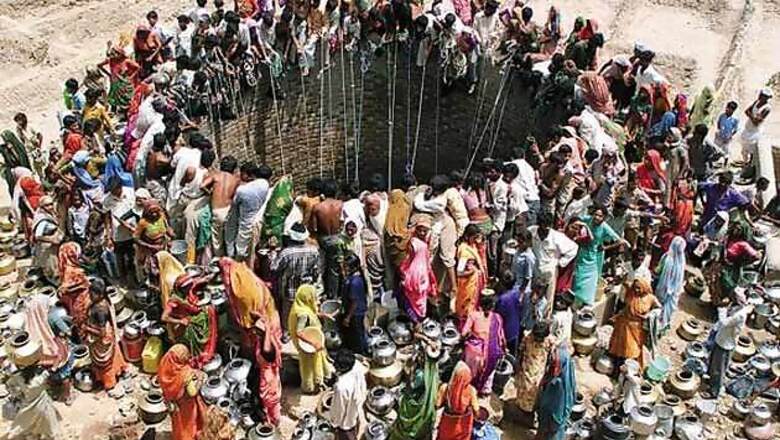
views
In February, an international water summit in Bangalore that discussed private sector participation in water delivery ended on a dry note when a show-closing Water Walkathon was abandoned after anti-privatisation activists stormed the streets.
One of the protestors, Kshitij Urs of Action Aid, says the event was an "ominous sign of a slow takeover" by private players.
People are not fully aware of the benefits of leveraging private expertise, counters A Ravindra, principal advisor to the chief minister of Karnataka on urban affairs and founder of the summit host, Centre for Sustainable Development. For the debate on water privatisation in India, this was Ground Zero and the timing could not have been better.
A fortnight before, the Central water resources ministry had released its draft water policy seeking a larger role for private companies in water management.
The policy seeks to manage water as a community resource held by the state under public trust doctrine to achieve food security, livelihood, and equitable and sustainable development for all.
Yet, somewhat contradicting that lofty ideal, it also calls water an economic good. The ministry wants to take away proprietary rights on water. This means no one will be able to draw groundwater without government permission even from private land.
"It is a patchwork quilt," says former water resources secretary Ramaswamy R Iyer. "There is no structure or coherence, no overarching perspectives."
Iyer says the recognition of basic or lifeline water as a fundamental right did not appear to be strong in the draft. "Can we say that water is a life-right and also an economic good to be priced on full recovery basis?" he asked.
Given the sensitivity of the issue, the mood is cautious in the offices of the Union water resources ministry in Delhi.
Top ministry officials say they stand by the draft and the need for private sector participation.
"The truth is that the government's efforts needs to be supplemented and that is why we are looking at the private sector," says a senior official who did not wish to be identified.
The government needs a total of around Rs. 2 lakh crore just for irrigation and it cannot be met by the treasury.
"Moreover, how can you fulfil the promise of right to food unless there is water?" he asks.




















Comments
0 comment